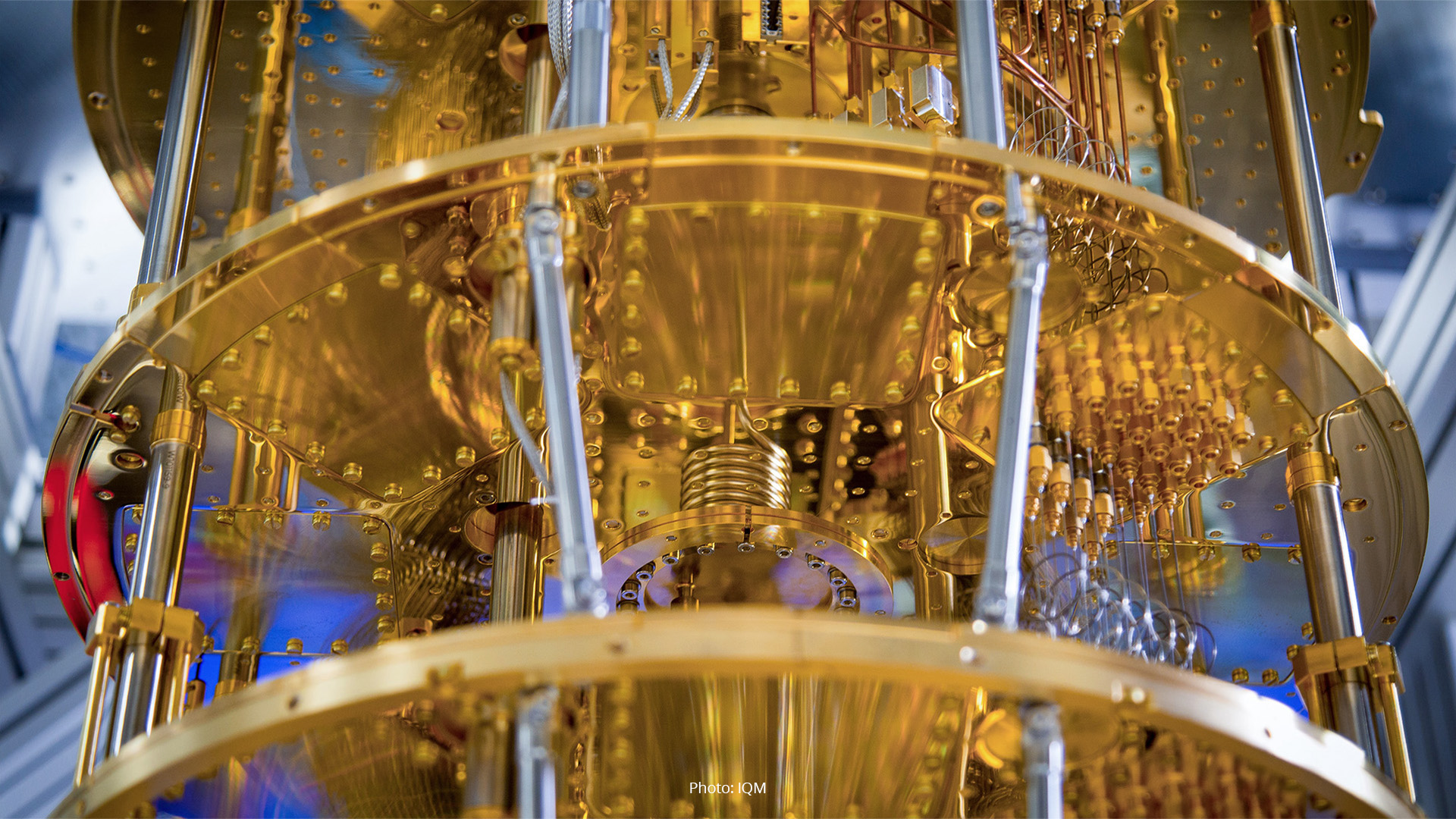The Ministry of Economic Affairs and Employment circulated a draft proposal for a new subsidy system for renewable energy for comments on 15 September. The draft proposes that provisions on a premium system based on a technology-neutral tender process be added to the Act on Subsidies for Electricity Produced from Renewable Energy Sources (1396/2010).
Reform of Renewable Energy Subsidy System — Ministry Proposes Tender-Based Premium System

Related services
The proposed tender process would be open to wind, biogas, wood fuel, solar and wave power investment projects. The intention is for the tender process to encourage the development of cost-effective projects and maintain continual development pressure in the sector.
The tender process would be held in 2018–2019, during which time a total of 2 TWh would be subject to tender. The tenders with the lowest premium and with an annual electricity production not exceeding the annual production subject to tender would win the process. The premium offered would have to fall under the threshold price of the process, which to start with would be EUR 53.5/MWh, i.e. the same as under the current feed-in tariff system.
The subsidy paid to the producer would be determined based on the premium of the winning tender and the amount of electricity produced and average market price of electricity during the tariff period. The maximum duration of the subsidy period is the same as in the current fee-in tariff system, i.e. 12 years.
Only Well-Developed Projects Eligible to Tender
The proposed regulations seek to ensure that the projects participating in the tender process are genuinely feasible, and only projects that are quite far along in the development process will be eligible to participate. The zoning, construction permits and any exemption decisions required for construction must all be final at the time the application is filed. However, no final decisions on acquiring the fixed assets relating to the power plant or on starting construction can be made yet when filing the application.
Projects with a pending feed-in tariff approval process will not be eligible for the tender process. This means that, for example, a power plant that is appealing a negative feed-in tariff decision would not be eligible. However, a producer can participate in the tender process with a power plant that has been subject to a quota decision under the current feed-in tariff system.
The producer would be obligated to produce the amount of electricity from renewable sources stated in the approved tender. Failing to meet this obligation would lead to liability to pay compensation for underproduction to the state. This compensation would be payable if the average production of the plant is less than 75% of the approved annual production during the first subsidy period (first four years), and less than 80% during the second or third subsidy periods (the subsequent four year periods).
Participation Security to be Required of Tenderers
In addition to the requirements set for participating projects, the proposal seeks to ensure the feasibility of projects by requiring that participants post security during the process. To participate in the tender process, electricity producers would have to post a participation security amounting to the annual production of electricity being tendered multiplied by EUR 2/MWh.
The producers would get the participation security back if they lose the tender. Approved tenders would get the security back when the producer posts the required construction security. The amount of the construction security is the annual production amount multiplied by EUR 16/MWh. The construction security would be returned to the producer if the power plant is fully connected to and producing electricity in the grid before the deadline. If only half of the plant’s capacity is connected to and producing energy in the grid by the deadline, half of the construction security would be paid to the state.
The power plant would have to be connected to the grid and producing electricity within three years of the decision accepting it into the premium system having been issued. Nevertheless, it is sufficient if the connection is only partially completed by the deadline. However, this would make it difficult for the producer to meet its production obligation, which would lead to the obligation to pay compensation for underproduction, and the producer would also lose part of its construction security. The entire power plant would have to be connected to the grid and producing electricity within five years of the decision.
The circulation for comments arranged by the Ministry ends on 4 October 2017. It will be possible to enact the proposed amendments once the European Commission has approved the premium system. The Commission procedure is expected to take 6–12 months.



